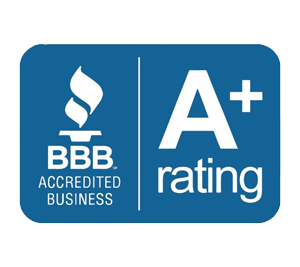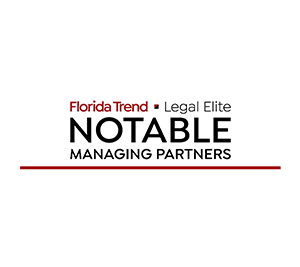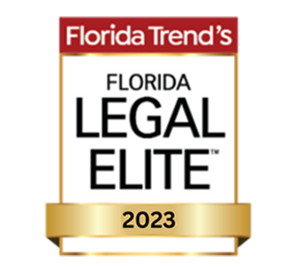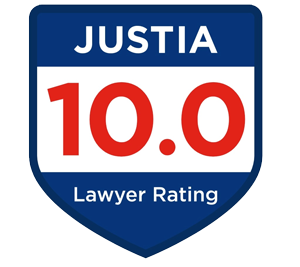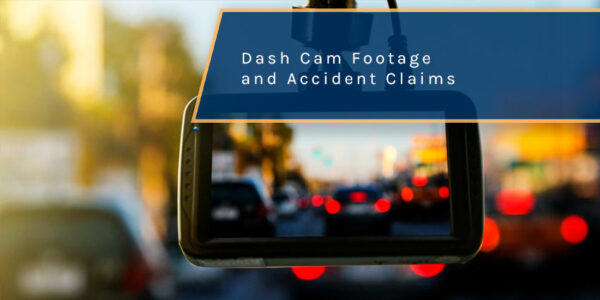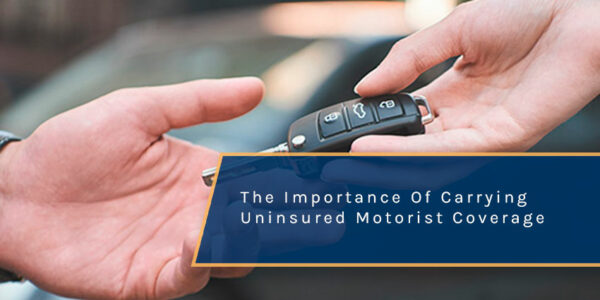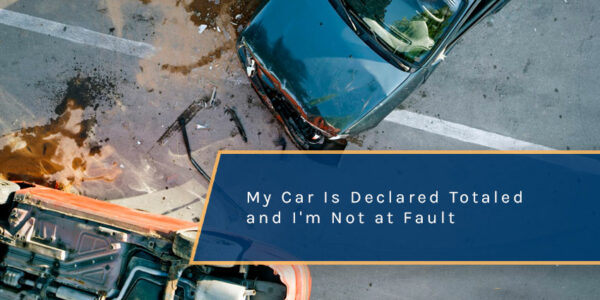
Social media has fast become one of our preferred ways of staying in touch with friends and family near and far. In 2015, a staggering 65 percent of American adults used social media, according to the Pew Research Center. Many of us now share all aspects of our lives via social media.
However, when it comes to personal injury cases, sharing anything online can work to your distinct disadvantage. In the worst case, you could lose out on compensation for your injury. Even an innocent and seemingly unrelated post on social media can harm your personal injury case and legal rights.
St. Petersburg Personal Injury Attorneys McQuaid & Douglas can protect you. We can help with all aspects of your personal injury case and fight for adequate compensation. Call us now for a free case review at (727) 381-2300.
Social Media Posts Can Be Used as Evidence
You may be wondering why you should stop using social media at all, especially if all your accounts are set to private and only your close friends and family can see what you post. It is important to understand that private settings may not necessarily protect you from other parties seeing what you post and comment on.
Individuals that you do not know may have access to your friends and family’s social media accounts or your friends could show your posts to someone connected to your case. Consider that insurance companies can and will use investigators to investigate your claims and attempt to access your social media information. The other side will be searching for any posts and photos that they can use to minimize or deny your claim to receive the compensation you deserve.
A Court Can Order Your Social Media Posts
During a lawsuit, individuals can be ordered, through a process called discovery, to supply their social media accounts and posts to court, even if the accounts are private. Social media posts are admissible as evidence and they could be used against you. This request also applies to posts and comments by friends and family.
Some individuals, when finding out that social media can harm their personal injury case, go on to hastily delete their accounts. However, this can be interpreted by the court as tampering with or destroying evidence. According to Florida Statute 918.13, tampering with evidence is a felony of the third degree.
Even when you delete an account, remember that nothing on the internet is truly deleted and there is almost always a way to reinstate and retrieve information. A court could also ask you to reinstate a social media account and provide the very information that you tried to conceal.
How Can Social Media Damage My Claim?
Unfortunately, social media can harm your personal injury case significantly and you could be left without the compensation you deserve for your injuries and losses. For example, if you are claiming damages for significant injuries such as fractures, and post pictures that show you at a holiday destination or at the gym, you could be accused of fraud.
However, your posts do not need to be this obvious to damage your personal injury case. A mere check-in at a holiday destination, hotel, or gym, can raise suspicions about the validity of your claim. Remember that the other side will be watching your every move and gratefully seize any opportunity to deny your claim. In the worst case, your social media posts can:
- Provide the defendant with evidence and a foundation to attempt to deny your claim
- Contradict your testimony or witness statements
- Show that your injuries are less severe than you claim
If you are concerned that any of your social media activities or posts may have damaged your opportunity for legal recourse, contact St. Petersburg Personal Injury Attorneys McQuaid & Douglas today to learn more about your legal rights and ensure they remain protected.
Social Media Activities To Avoid at All Costs
While posting anything on social media can be a bad idea during a personal injury case, there are some things you should avoid posting at all costs, including:
- Posting details of the accident or incident that caused you injury and losses
- Posting any information or photos of your injury
- Sharing confidential information
- Posting details of your recovery and medical treatments
- Responding to any posts of others with details of your case or injury
- Accepting friend requests from people you do not know personally
Remember that almost all posts or comments could be used against you in your personal injury case. You should particularly avoid any photographs of you partying, on vacation, or enjoying sporting activities. This becomes crucial if you are claiming damages such as pain and suffering or income losses as a result of being unable to return to work. Remember to let your family and friends know not to tag you in any photographs or posts during an ongoing claim after your personal injury accident.
What Can I Post on Social Media?
Court cases can potentially go on for years. For many individuals, using social media is an essential part of their lives that they simply do not want to give up, especially if they live some distance from close friends and family. While this is understandable, especially during a time of distress after suffering an injury, individuals need to consider the potential long-term benefits of giving up social media entirely during their case.
If you must use social media, try to observe rather than post actively. You could, for example, comment on current affairs or news, or comment on posts of your friends as long as you do not reveal anything about your life. Congratulating a friend or family member to a new job or the arrival of a new baby, or wishing them well on their birthday, can be a safe way of interacting.
Learn How Our Experienced Personal Injury Attorneys Can Help
St. Petersburg Personal Injury Attorneys McQuaid & Douglas can provide advice on how to use social media during a personal injury case. Moreover, we can ensure your legal rights remain protected as we work to help you obtain the compensation you have a legal right to receive under the law. If you have questions about your personal injury case, contact St. Petersburg Personal Injury Attorneys McQuaid & Douglas today for a free consultation: (727) 381-2300.




